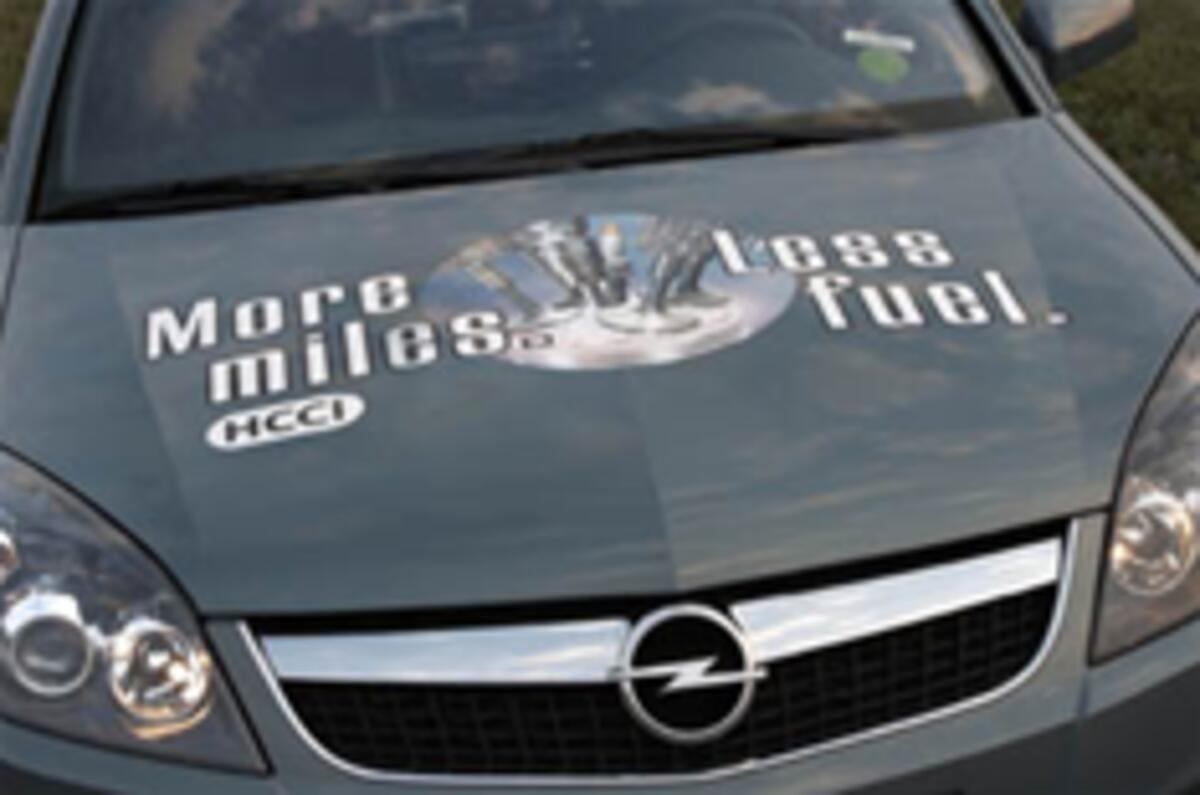A petrol-powered future
GM is predicting that its next generation of petrol engines will offer diesel-like economy and CO2 emissions. The company is hard at work on new technology called HCCI (homogenous charge compression ignition). Essentially it combines existing direct injection and variable valve timing technologies with cylinder pressure sensors. Fuel is burnt at lower temperatures and so with greater efficiency – with up to 15 percent better economy. It also means cheaper engines as the fuel burns at low enough temperatures to avoid the production of NOX gasses – which need to be reduced with pricey ‘after-treatment’ systems. Neither does it need complex particulate filters essential on the latest oil burners. ‘Despite its complexity, compared to a diesel there are great cost benefits to the HCCI system’ said Dr Uwe Grebe, GM’s director of advanced engineering. ‘With all of its benefits it could be a better solution than diesel for lots of buyers.’There’s no word yet on when HCCI will come to market. But with prototypes already in advanced stages of testing, it should be on production cars by the end of the decade.
Progress means downsizing
GM plans to start rolling out more conventional fuel saving solutions next year. The 2.0-litre 170bhp turbo, powering the Vauxhall Astra and other models is being killed off to be replaced by a 1.6-litre turbo. Power has been boosted to 180bhp, and early predictions are that it should improve economy and CO2 output by an impressive 14 per cent. There’s also new diesel tech in the offing. By the middle of next year the Saab 9-3 and Cadillac BLS will have a new 1.9-litre four-cylinder turbo option. A new two stage turbo gives it 180bhp and 295lb ft of torque.




Add your comment